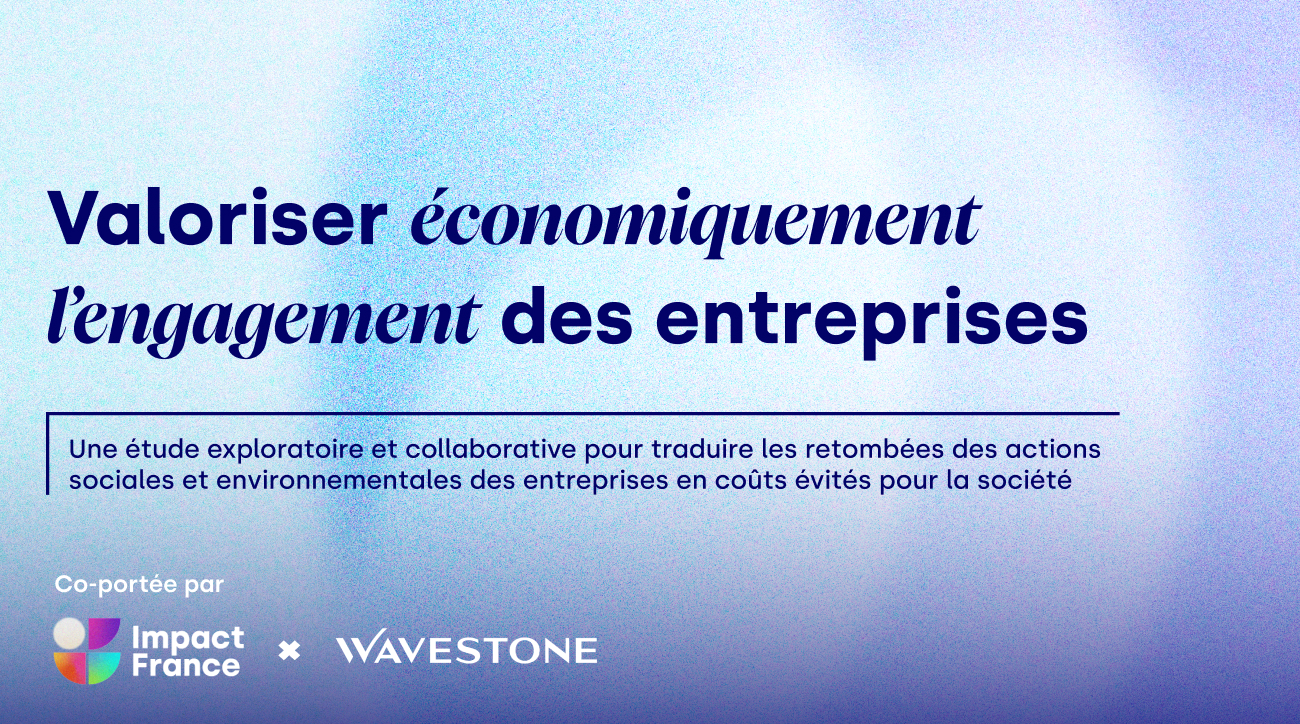Salomé Géraud, portrait of an entrepreneur on ESUS accreditation


Today, Mouvement Impact France brings together more than 250 of the 1,700 ESUS-certified companies listed by the French Ministry of the Economy and Finance. On the occasion of the 4th anniversary of this accreditation, and to mark the acceleration in the ecological and social transformation of many companies that such a rethought accreditation could mark, Mouvement Impact France presents Salomé Géraud from Drive tout nu on the challenges and ambitions of such an accreditation.
Salomé Géraud: Le Drive tout nu is a young company that I founded with my husband, Pierre. It's a Drive concept where you can shop online for all the mass-market products, except that the products are local (60% are produced less than 100km away) and come from virtuous agriculture or production, organic or respecting quality standards and the preservation of biodiversity, soil, etc. Everything is without disposable packaging, jars and canvas bags are made available to customers who are encouraged to bring them back to us via a financial incentive.
Salomé Géraud: what first motivated us was to offer a service where there is no place for waste, that's what we thought about our business model and then we added bricks of good practice that seemed obvious to us: valuing women in management positions, employing young people, but also fair prices for our customers. As we created the Naked Drive in 2018 following the Ticket for Change Entrepreneur Course, we had good tutors to guide the development and to draft articles of association that ensured that we were in line with our values.
ESUS approval is adapted to our values and serves as a framework for our impact approach. It has enabled us to set a virtuous medium-term development horizon
Salomé: natively. We drew up our articles of association with ESUS in mind; it is an approval that is adapted to our values and which serves as a framework for our impact approach. It enabled us to set a virtuous development horizon over the medium term. It is also with the strength of this approval that we have developed, since we very quickly raised funds by bringing in funds for which ESUS was a guarantee of our impact and our approach.
Today, as we are in the midst of a development and spin-off phase via social franchising, accreditation, or at least the objective of accreditation, has become a rule and a clause in the franchise contract. It is a very good element for measuring the sincerity of the franchisees' approach to value sharing, but it complements other impact KPIs that we monitor very closely and that are not covered by the ESUS scope, notably our zero waste approach and the choice of local products.
Salomé: It's obvious that we can do better, already on the existing situation, the DIRECCTE agents could be better sensitised, but the heart of progress is on the ambition of the approval. A company that has a real social mission and is committed to putting impact on the same level as turnover should have access to more incentives and more support from the public authorities. ESUS accreditation could be the gateway to advantageous public policies, but it still needs to be better known, not only by business leaders but also by consumers.
